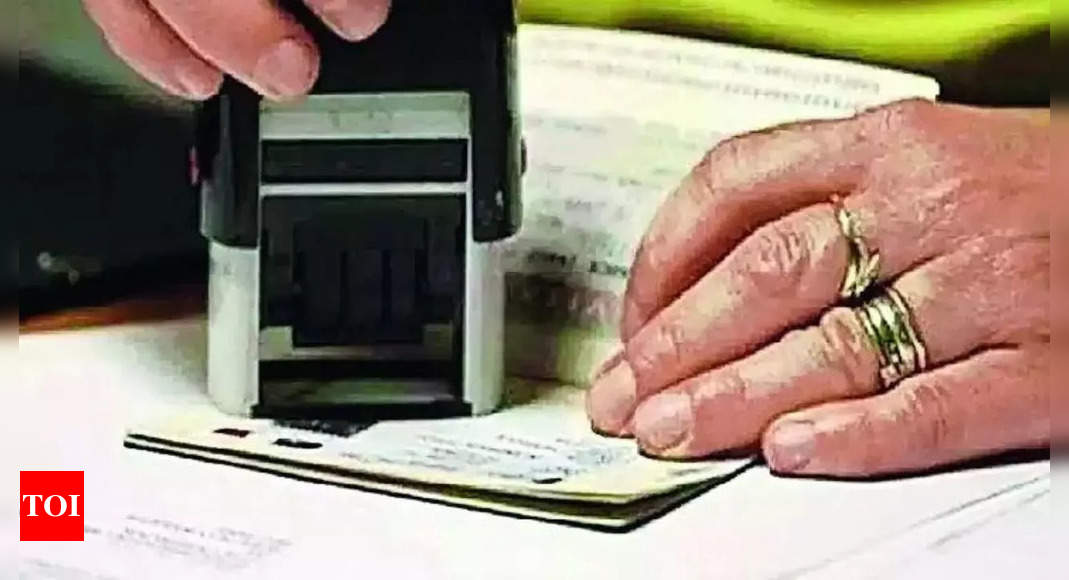Visitors to UK can now work remotely
2 min read
MUMBAI: While, United Kingdom (UK)has not launched a digital nomad visa, it has opened the doors to visitors for remote working. From January 31, 2024, individuals traveling to the UK have been allowed to work remotely while visiting. The primary intent of their visit must be that of a visitor (be it a vacation, meeting with family members, attending a conference or business meetings, or engaging in other nonwork-related activities), states Faegre Drinker Biddle & Reath LLP, a law firm.
These rules prohibit visitors from traveling to the UK with the primary purpose of remote working, which is a significant difference compared to the ‘digital nomad’ visas offered by other countries, such as Cyprus, Greece, Portugal, Spain and many others.
In its immigration-update communique the law firm explains that permission granted is strictly limited to the remote performance of employment duties. Visitors are prohibited from engaging with the local market, working for organizations in the UK, or directly providing goods and services to the public. These rules prohibit visitors from traveling to the UK with the primary purpose of remote working, which is a significant difference compared to the digital nomad visas offered by other countries.
The new remote-working provision in the immigration rules permits activities such as responding to emails, answering phone calls, or participating in remote meetings, as well as performing any other employment duties that can be completed using telecommunications.
The visa changes have also created additional opportunities for researchers, scientists and academics, who now have permission to conduct research in the UK as part of their visit. The research can be independent or relate directly to their employment overseas. Previously, travellers would have been obligated to apply for a visa to engage in such activities, explains Faegre Drinker Biddle & Reath LLP. Furthermore, the list of Permitted Paid Engagements (PPE) will be extended to allow payment for speakers at conferences. PPE visitors will still need to plan and carry out any activities within 30 days of their arrival in the country, it adds


